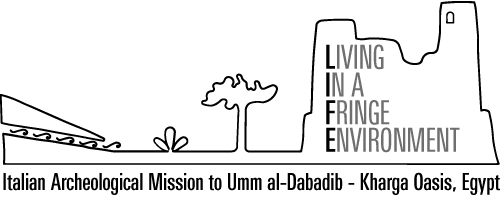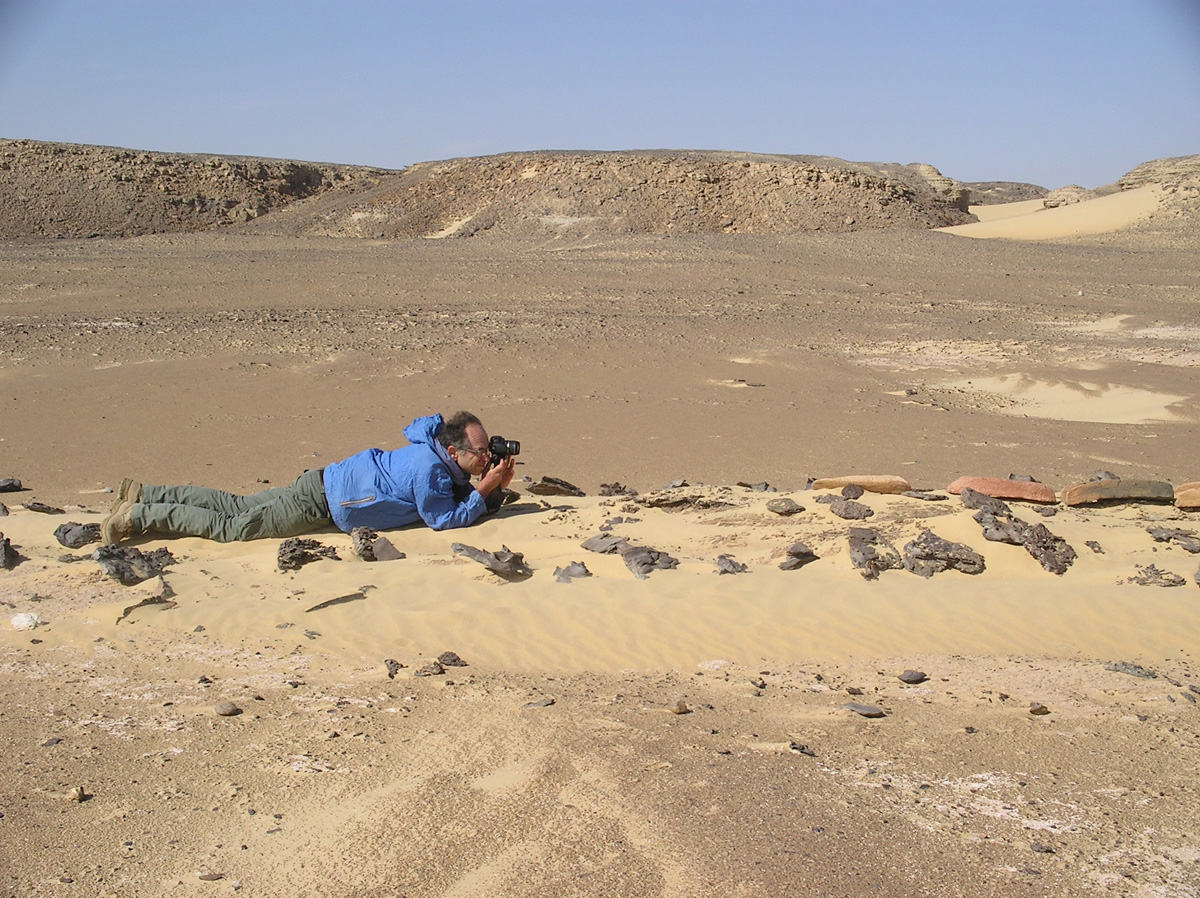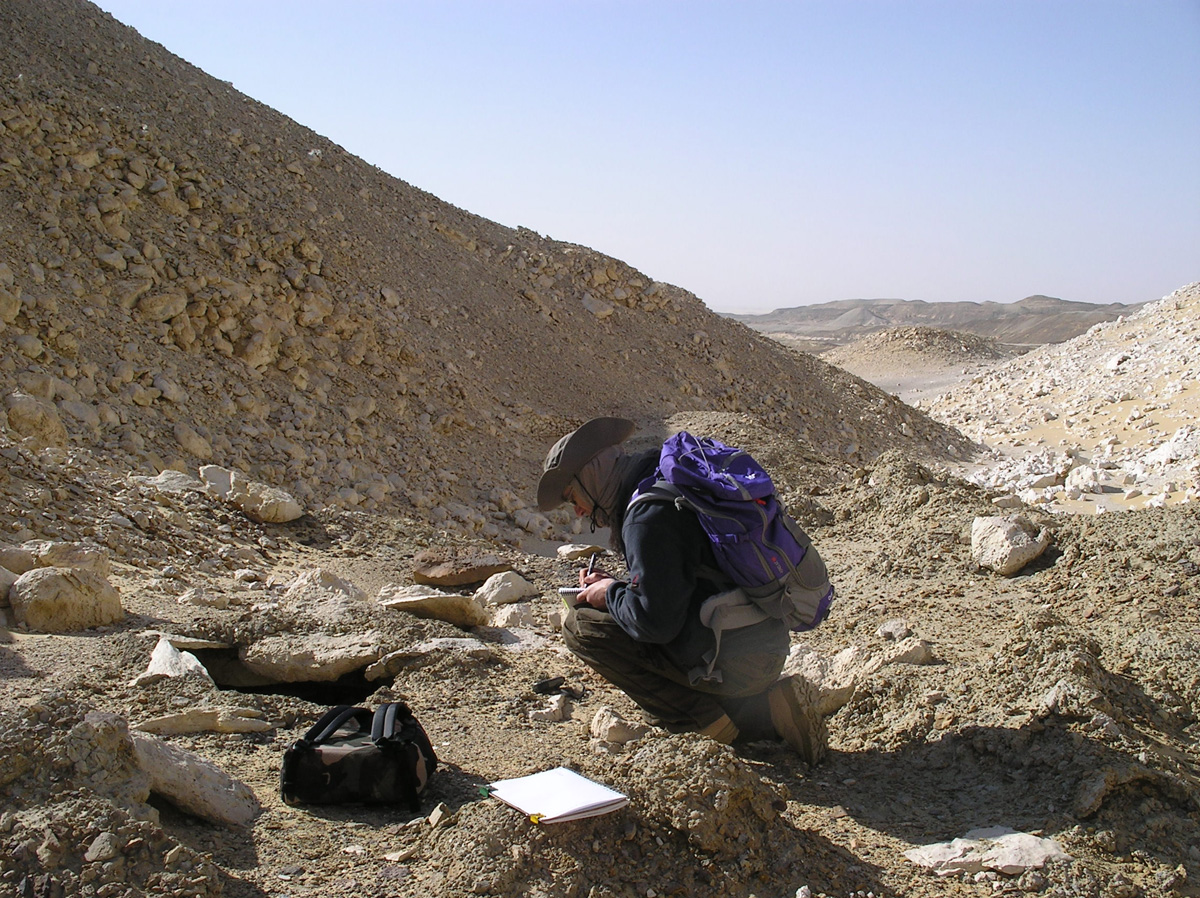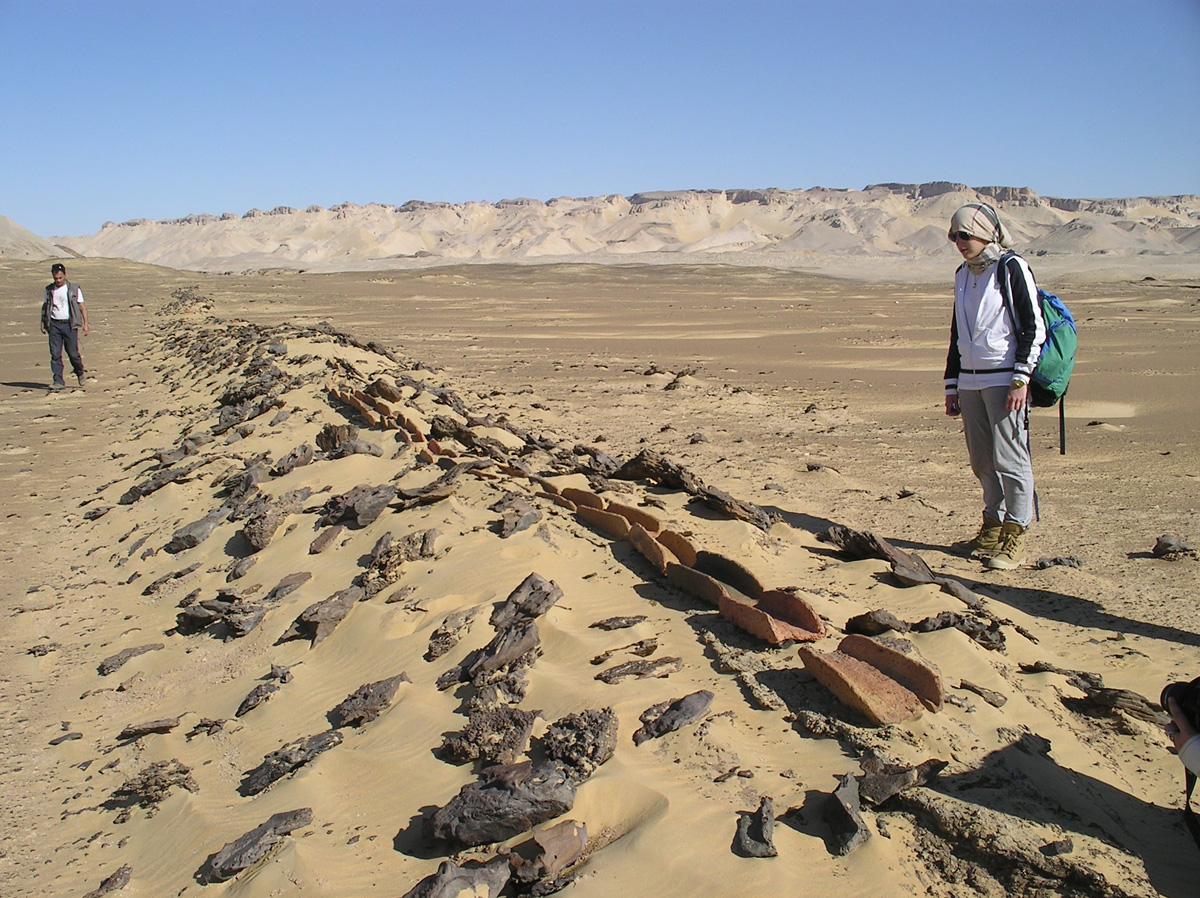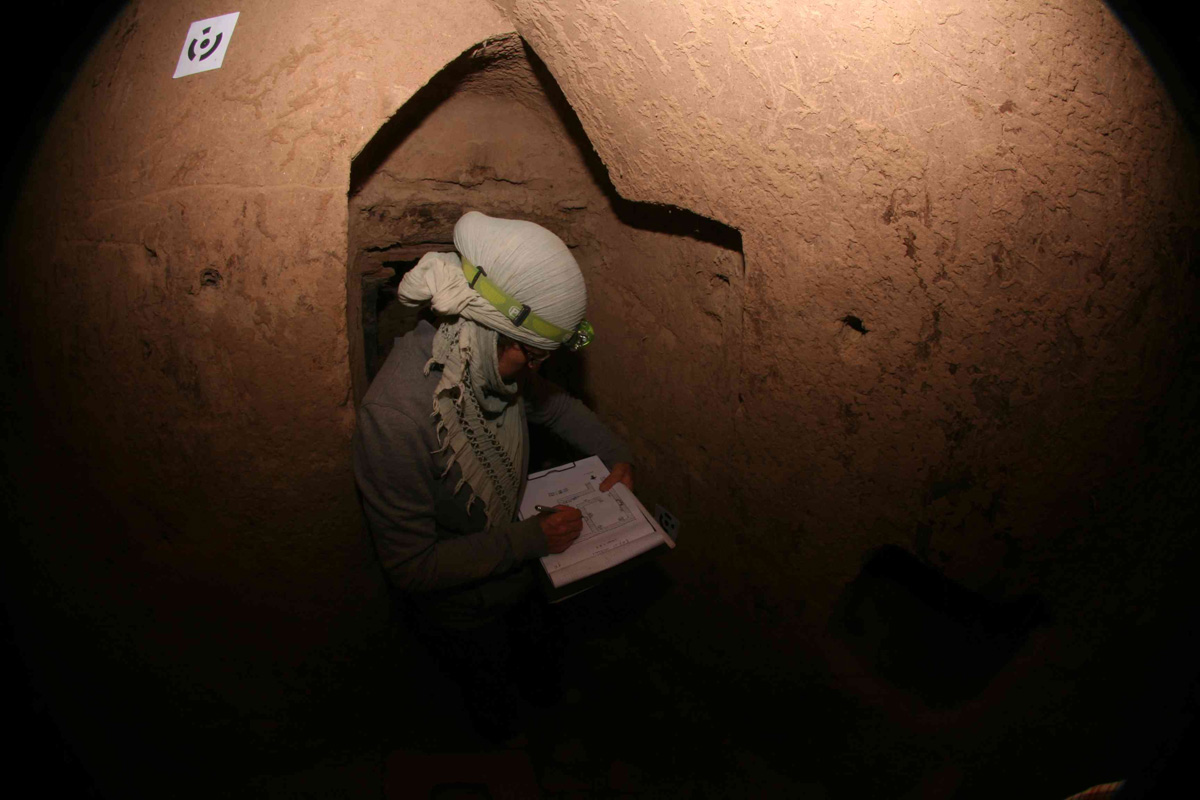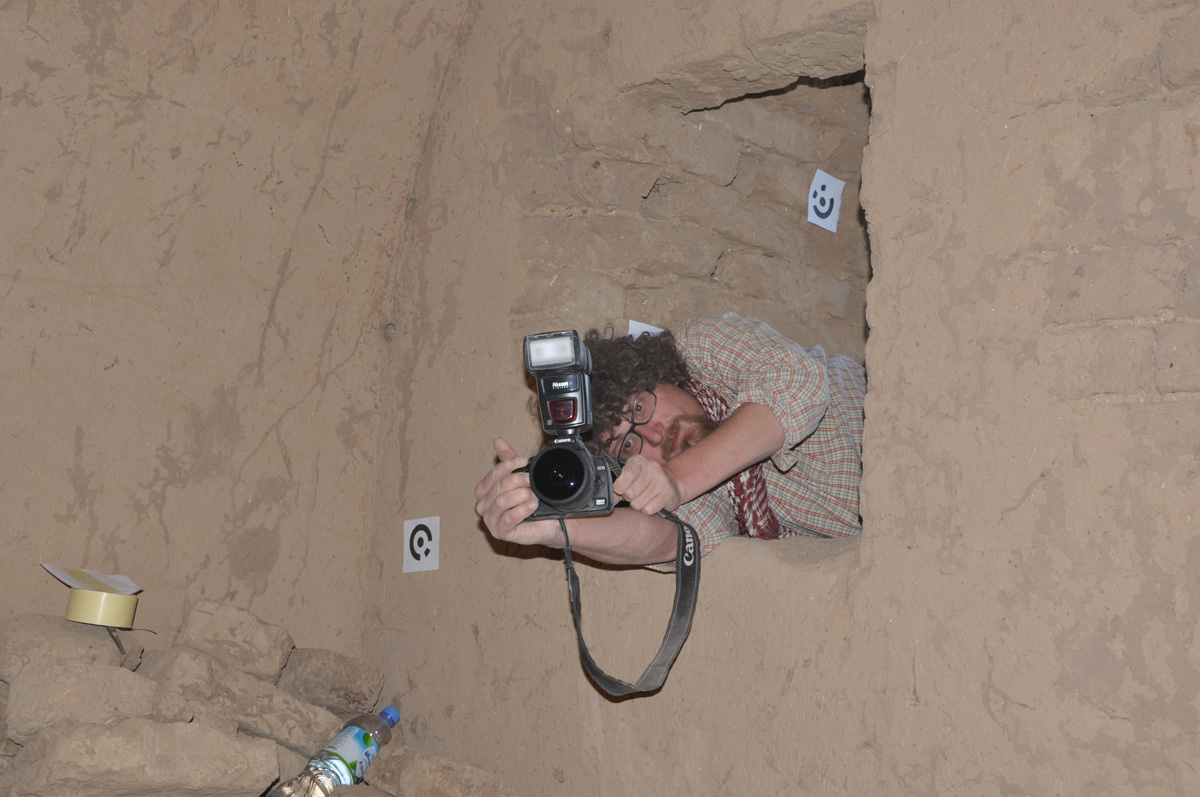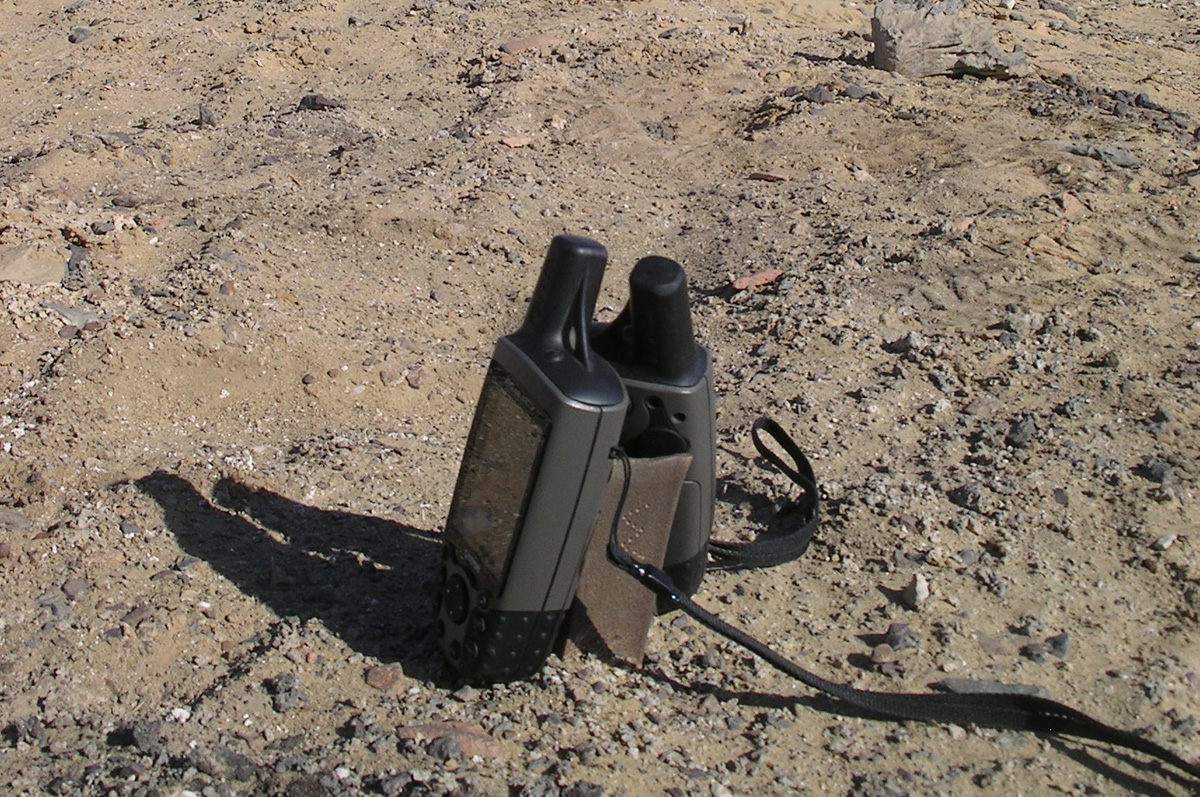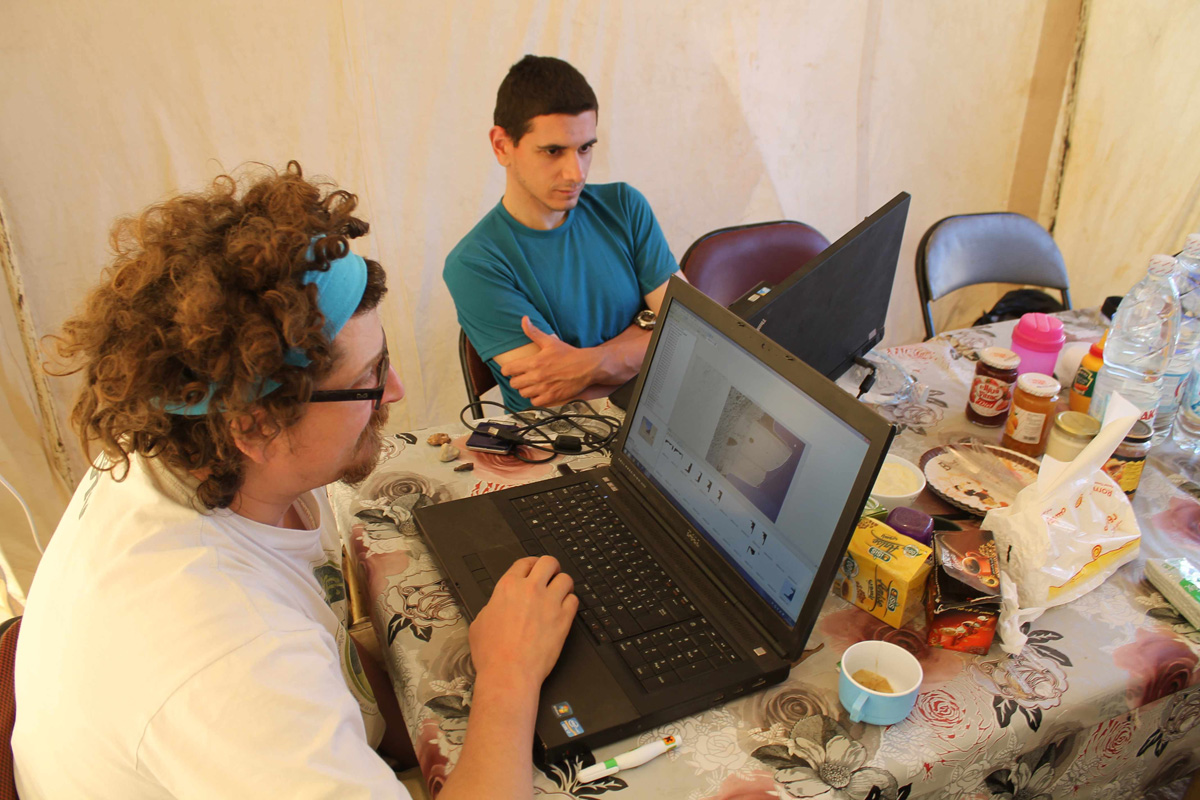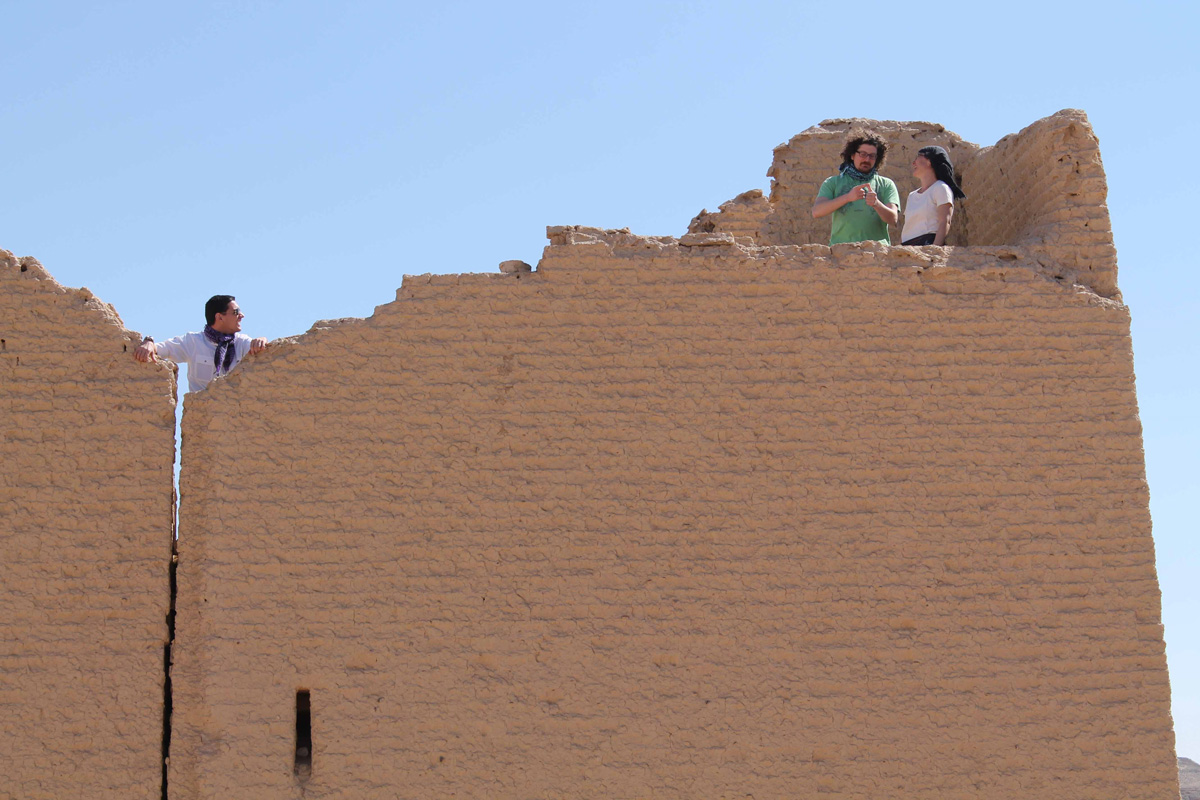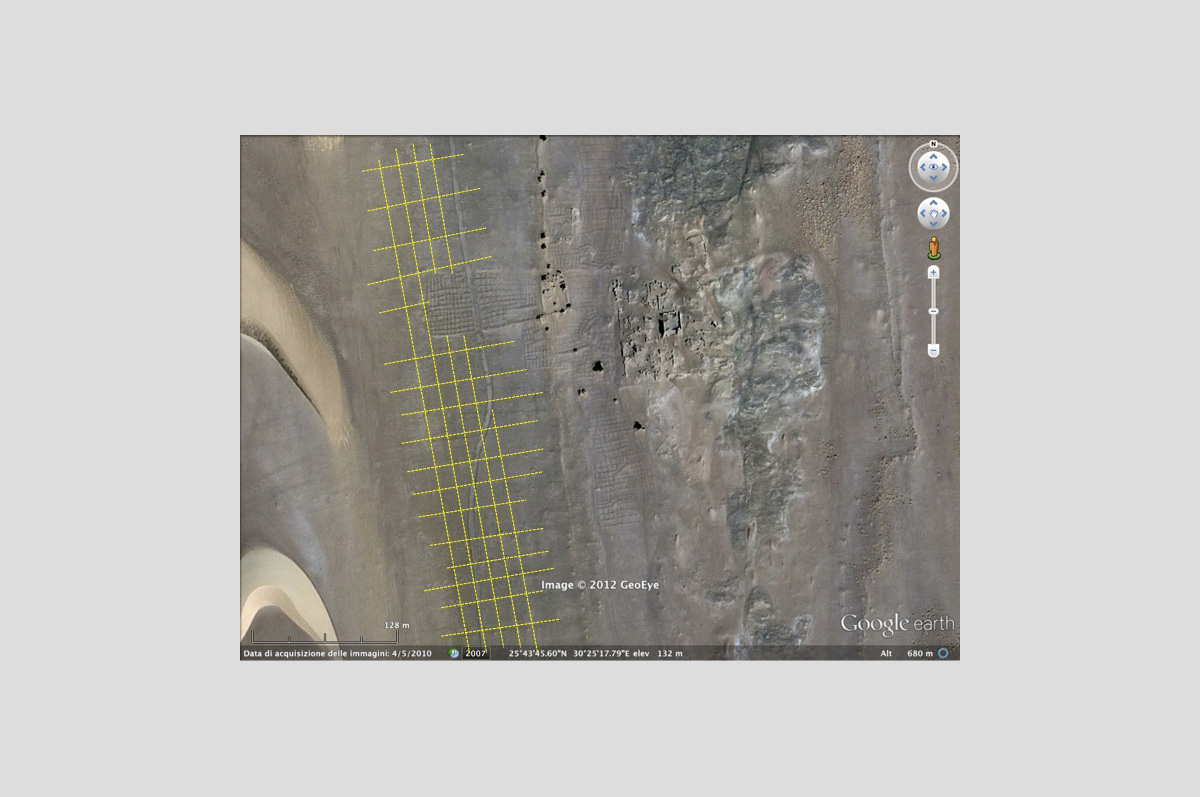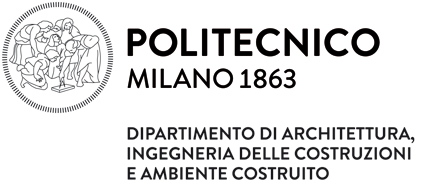RESEARCH PROGRAMME
LIFE is an interdisciplinary project and consists of a combination of different lines of investigation and research activities. It is divided into four main fields:
- the acquisition of new information, including the archaeological excavation of the archaeological site and the elaboration of the 3D survey of the remains;
- the development of innovative tools to record and document archaeological activities;
- the historical and strategic interpretation of the site of Umm al-Dabadib in combination with the other Late Roman sites that punctuate the oasis;
- the dissemination of the results through classic and innovative channels.
Since its start, LIFE had to face a major issue: the lack of permissions to carry out the fieldwork that had been planned. This problem, affecting all archaeological missions wishing to work in the Western Desert, prompted the development of alternative directions of research and collaborations.
The research team is divided into Architectural/Archaeological Unit, based at the Politecnico di Milano, and Environmental Unit, based at the Università Federico II di Napoli.
These two groups reflect the duality of the ancient remains: the settlements and the agricultural system, both preserved in excellent conditions. Differently from other archaeological sites where only one (or only fragments) of these two components survive, Umm al-Dabadib represents a unique chance to study both elements at the same time.
This duality also reflects the actual value of the broader area, rich in both cultural heritage and biodiversity: in October 2015 Kharga and the Small Southern Oases were accepted in the UNESCO Tentative List as a Mixed (nature+cuture) Area, thanks to the efforts of Prof. Samir Ghabbour and of the Egyptian National UNESCO Commission, in collaboration with Corinna Rossi and Ashraf Salem.
